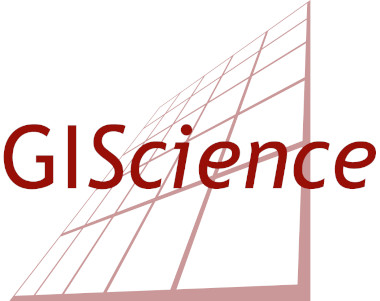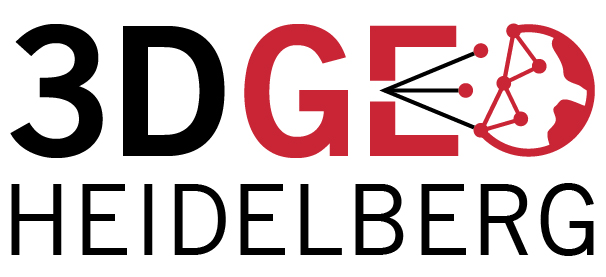Recently a consultancy and development agreement about OpenStreetMap Analytics Development has been reached with the World Bank in the context of the Open Cities Africa project and the Global Facility for Disaster Reduction and Recovery (GFDRR) Open Data for Resilience Initiative (OpenDRI).
The main objective of this consultancy is to develop and implement new functionalities for OpenStreetMap Analytics (OSMA). OSMA is an open source platform that allows interactive visualizations and analysis of OSM map data.
Through the Open Cities Africa project, GFDRR will be supporting community mapping project in urban areas across Africa and OSMA will be leveraged to document mapping progress and provide insights into the data and its contributors. All functionalities developed will be open source and made available to the broader OpenStreetMap community.
The specific objectives include participating in the design phase of new OSMA functions, researching implementation options and feasibility, provide input for a design firm to produce final mockups. Most importantly it includes the implementation of new functions as well as contributing and documenting code publicly on Github.
Working closely with GFDRR staff and OSM community partners, specific features are being scoped out to expand the number of analytical tools and datasets available in OSMA. A survey of mapping partners’ needs has been conducted and provides some reference to the range of analytical functions that will be developed.
Also the current version of osm-analytics.org is already hosted on servers at the Heidelberg Institute for Geoinformation Techology (HeiGIT).
The Global Facility for Disaster Reduction and Recovery (GFDRR) is a partnership of the World Bank, United Nations, major donors and recipient countries under the International Strategy for Disaster Reduction (ISDR) system to support the implementation of the Hyogo Framework for Action (HFA).
In 2011, Global Facility for Disaster Reduction and Recovery (GFDRR) launched the Open Data for Resilience Initiative (OpenDRI) to apply the concepts of the global open data movement to the challenges of reducing vulnerability to natural hazards and the impacts of climate change.
Building on the success of the global OpenDRI, its work on Open Cities projects in South Asia, and GFDRR’s Code for Resilience, in 2018 Open Cities Africa will be carried out in selected cities in Sub-Saharan Africa to engage local government, civil society, and the private sector to develop the information infrastructures necessary to meet 21st century urban resilience challenges.
The project is already going on with first prototype results. Stay tuned for further information.


